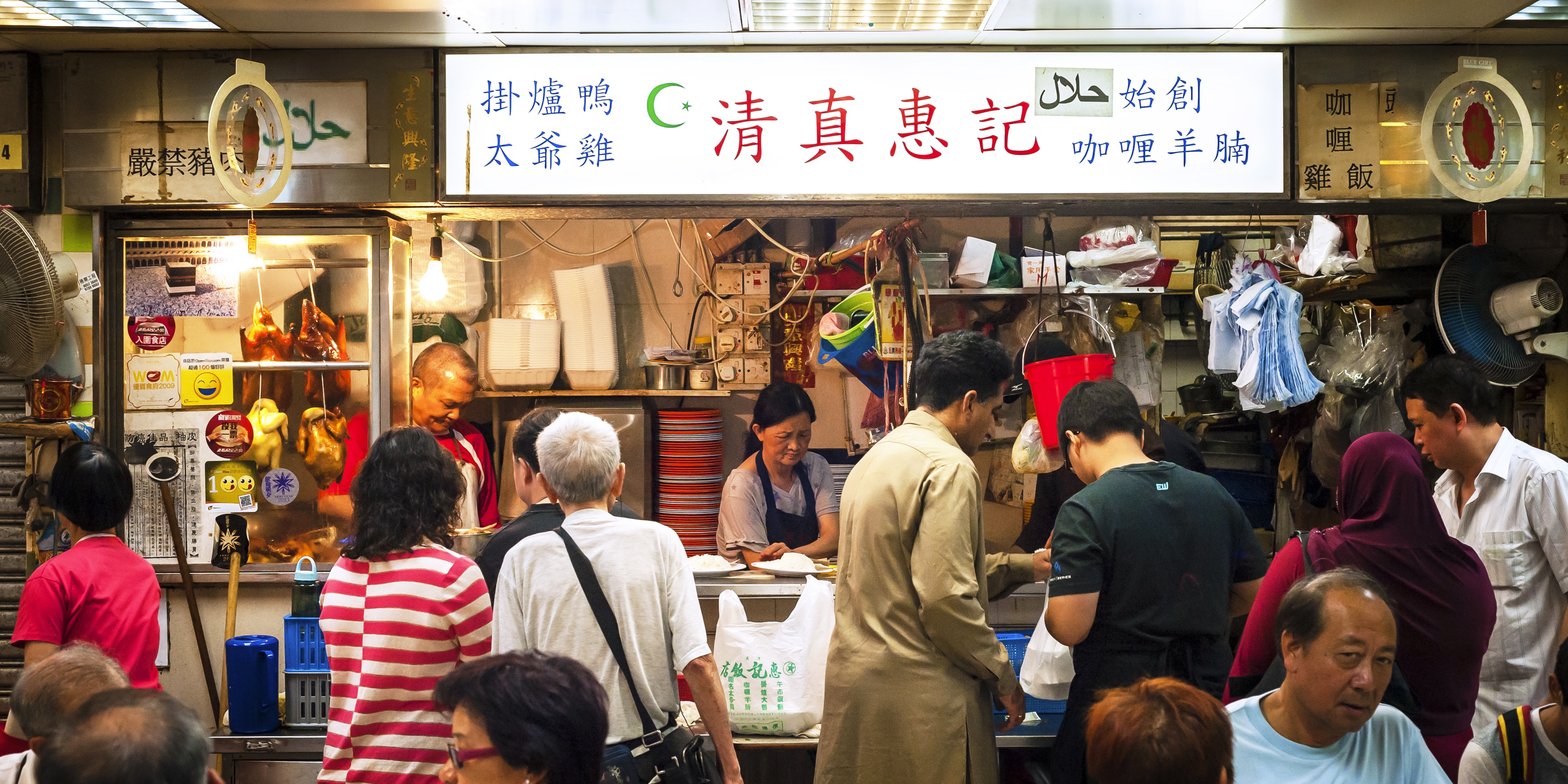A new halal certification scheme is set to be introduced in Hong Kong following the signing of a memorandum of understanding between the Federation of Hong Kong Industries and the Incorporated Trustees of the Islamic Community Fund of Hong Kong.
Announced on May 10, the agreement outlines plans to develop a halal-related quality mark, or Q mark, for products and services that meet Shariah-compliant standards. The Islamic Community Fund will issue the certification, which aims to boost the confidence of Muslim consumers both locally and internationally.
Federation chairman Steve Chuang Tzu-hsiung said the Q mark is expected to help local businesses tap into the global Muslim market, which represents more than 2 billion people, or approximately 25% of the world’s population.
The initiative is part of a broader strategy to tap into the Muslim travel market, which is projected to reach $300 billion by 2026, according to the Mastercard-CrescentRating Global Muslim Travel Index 2024.
In 2024, Hong Kong welcomed 44.5 million visitors, including a 42% increase in arrivals from Indonesia (366,973 tourists) and a 50% increase in visitors from Malaysia. These gains follow targeted outreach by the Hong Kong Tourism Board (HKTB), including Muslim-friendly accreditation and marketing.
By March 2025, the number of halal-certified restaurants in Hong Kong had doubled to 200 from 100 in June 2024. Certified venues range from international chains such as KFC to local fine-dining restaurants like Chinesology and bakeries like Kee Wah. Hotels, including the Kowloon Shangri-La, Regal Airport Hotel, and Dorsett Tsuen Wan, now offer halal menus and prayer facilities, with some reporting double-digit revenue growth from Muslim clientele. The Grand Hyatt, for example, attributed part of its increase in Southeast Asian and Middle Eastern bookings to its CrescentRating score and halal service offerings.
The Halal Q Mark is backed by a detailed certification process. Requirements include the exclusion of pork and alcohol, the use of halal-certified meat sources, and verified supply chains. The standard has been adopted across a range of venues, from the Islamic Centre Canteen, known for halal dim sum, to high-end buffet providers like Café Kool. Major cultural events, such as the Halal Food Festival held in April 2025 in Tsim Sha Tsui, have drawn significant public participation and helped showcase halal offerings across the city.
While the Q Mark is gaining traction, challenges remain. Hong Kong’s traditionally pork-heavy cuisine and limited prayer facilities outside of major hotels can be obstacles for observant Muslim travelers. There have also been instances of non-compliance, including mislabelled Qibla directions and expired certifications.
Groups such as HKMuslim and the Islamic Community Fund continue to monitor adherence, while the HKTB is working to scale up staff training and expand its accreditation program.
Looking ahead, initiatives such as the proposed seasonal Ramadan Bazaar and the integration of Arabic language signage and halal infrastructure at transit hubs reflect continued government and industry engagement.
These measures aim to position Hong Kong alongside global halal tourism leaders like Dubai, Singapore, and Kuala Lumpur.
For businesses, obtaining the Halal Q Mark offers access to a growing consumer base. Certification includes training, supply chain audits, and promotional support from the HKTB. Restaurants such as La Vache! and FOG have reported growth in Muslim customers since certification. The Hong Kong Convention and Exhibition Centre also recently earned a gold Muslim-friendly rating, expanding halal offerings in the MICE segment.
With over 300,000 Muslims residing in Hong Kong and a 175-year Islamic heritage, the certification provides economic opportunities and pathways for deeper community integration.


Muhammad Ali Bandial